So last night I got annoyed by a clueless politician’s tweet about COVID vaccination (no, I’m not going to link to it) and told them, “Sit down, shut up, and let the experts and grownups talk.” …And wound up posting a longish Twitter thread about the subject myself.
Someone asked to have it unrolled (which I don’t permit, because the thread-unrolling people take your content without permission and paste ads all over it. I don’t charge people for my Twitter content, so I’m sure not going to let some nameless rando do that. If you’re interested in the thread, here it is, stripped out of its Tweet-casings. (And thanks for dropping by.)
***
Status report: …So I kicked the hornet’s nest a little bit, earlier (some of you will have seen it). And got a little pushback. Much of it, frankly, kinda sad. “If you read something besides your own books…” (laughter) SERIOUSLY? *That’s* what they’ve show up with?


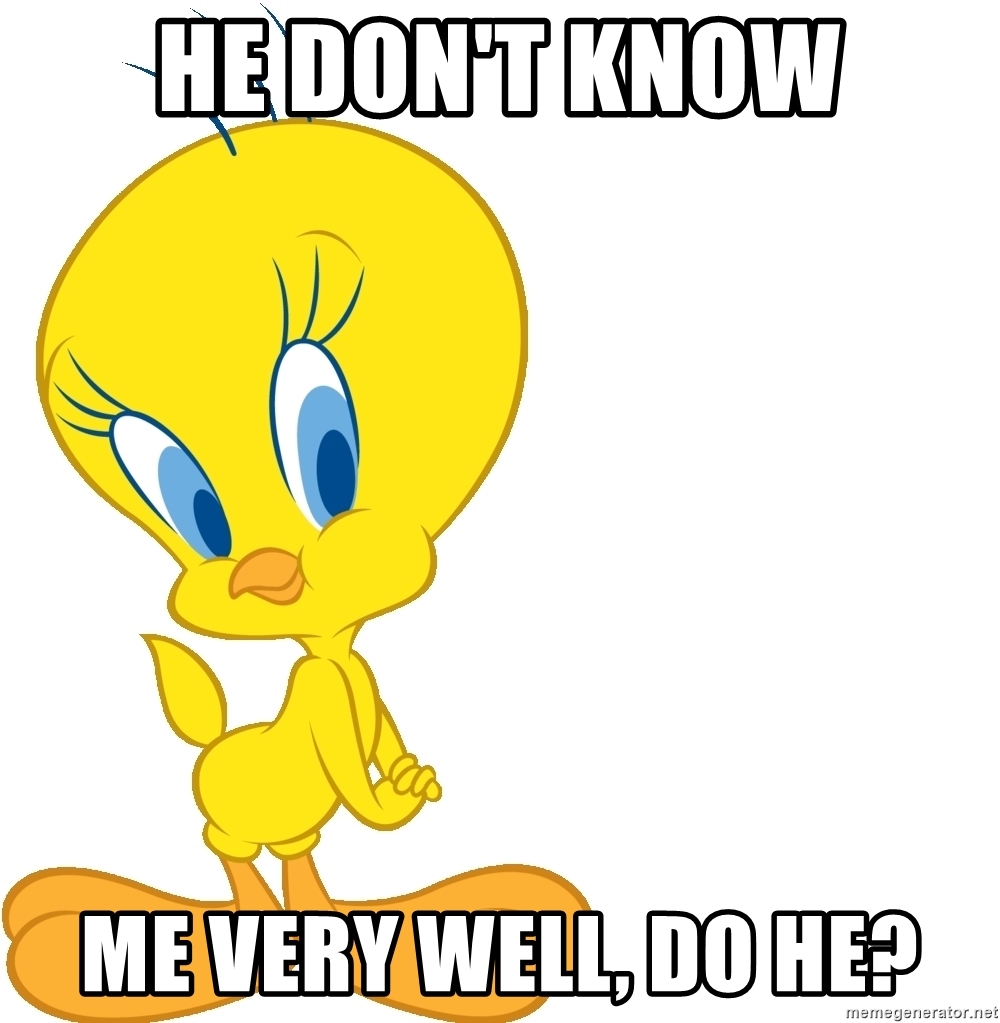

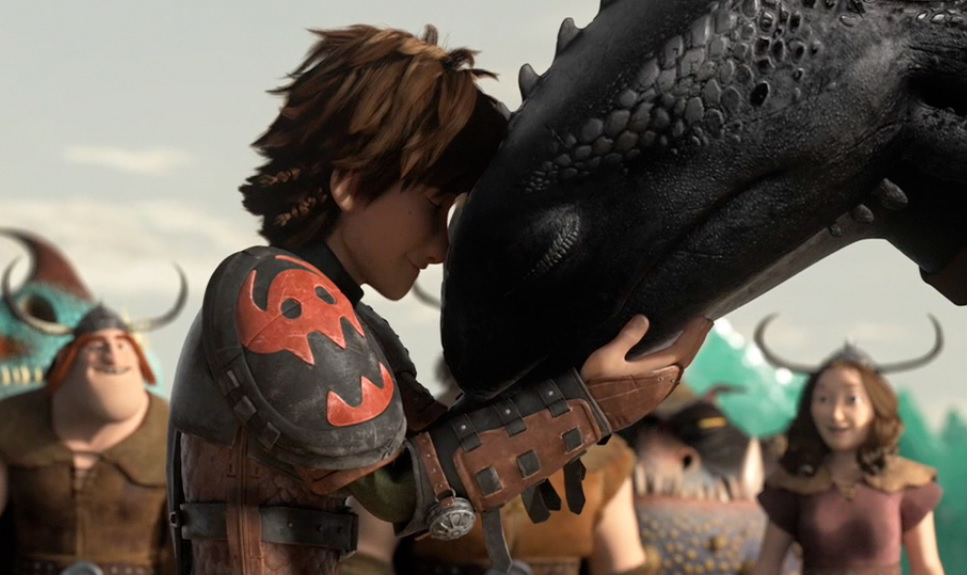
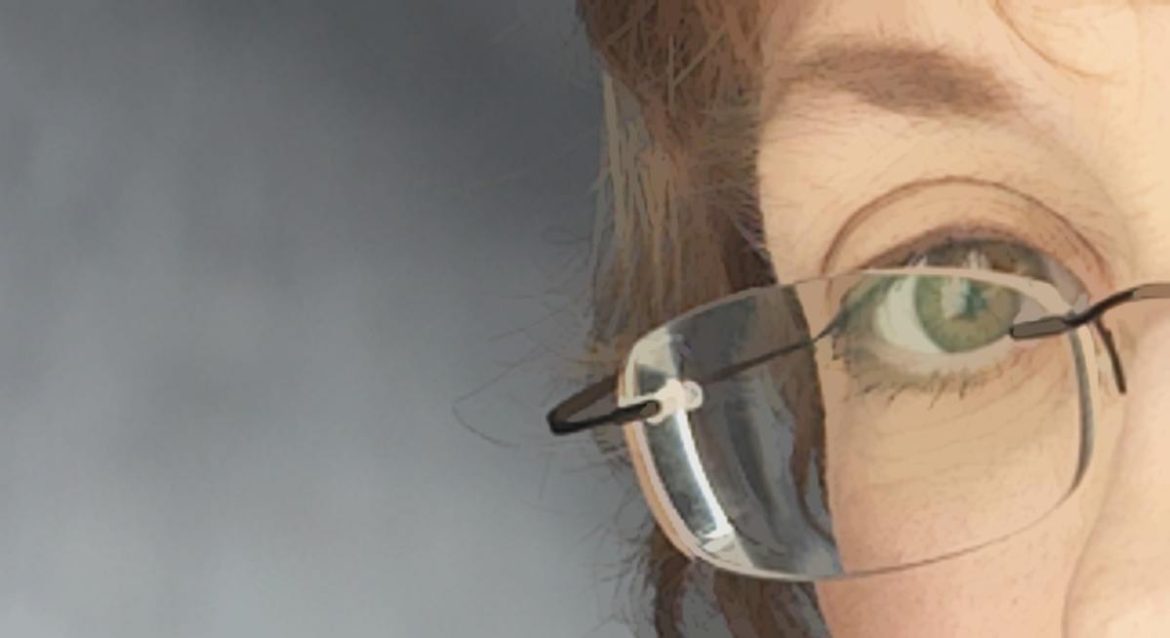

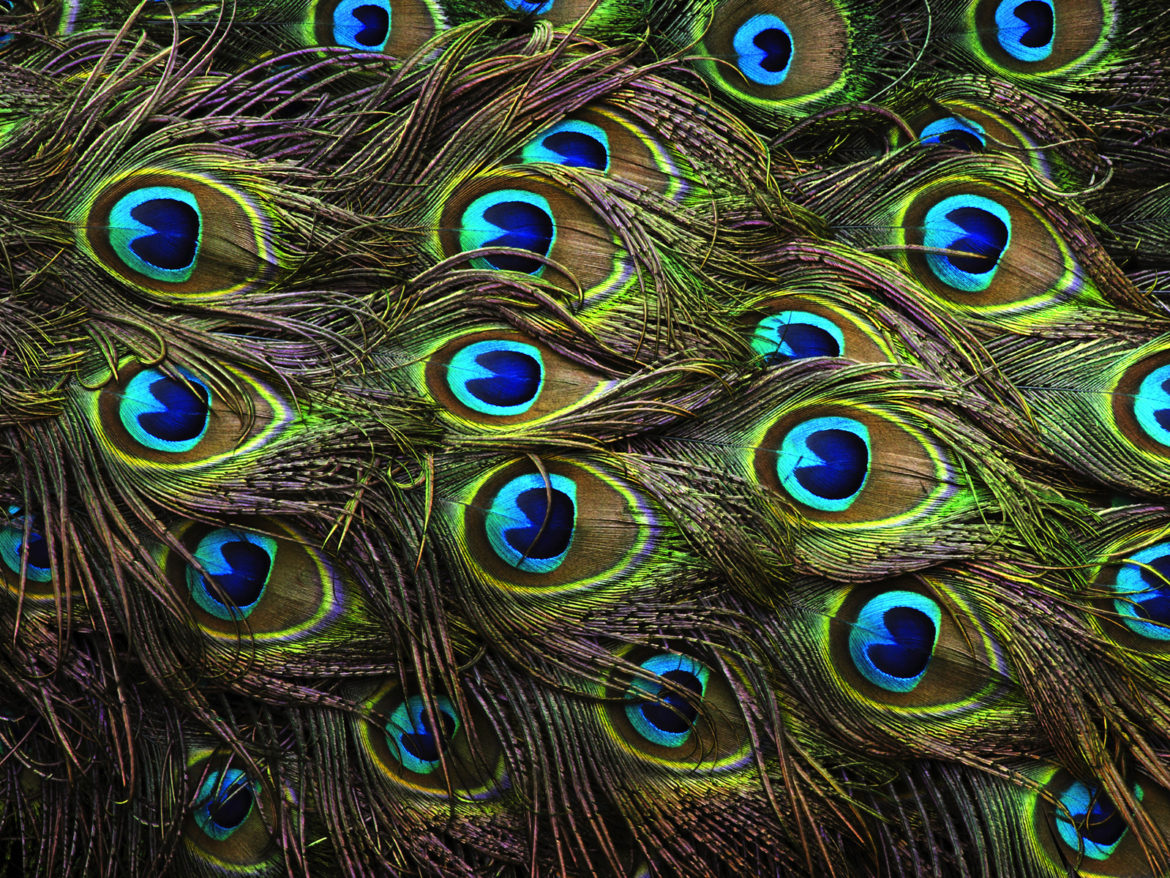

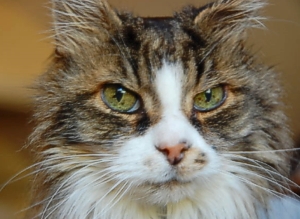

 Injecting medication directly into the heart, despite what you may have
Injecting medication directly into the heart, despite what you may have